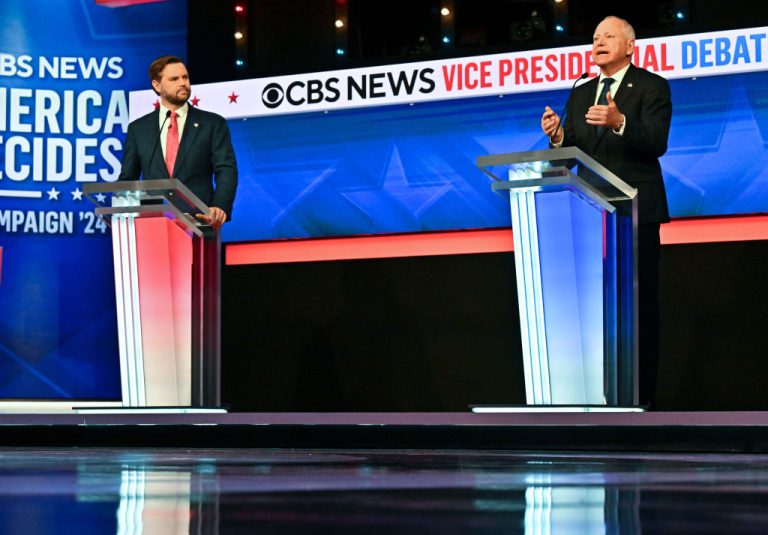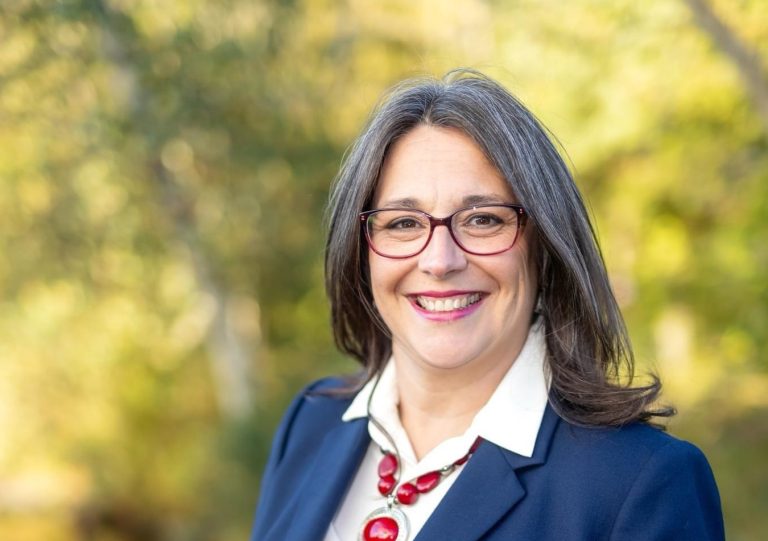Back in 1776, 13 American colonies declared that they were no longer subject to the rule of the British monarch. Freedom was gained through the sacrifices of tens of thousands of men and women who revolted against British rule, honored on Independence Day. However, Facebook decided that the hashtag, #revolution, should be censored on July 4th.
People searching for posts with #revolution received a notification titled “Keeping Our Community Safe.” The message said that “Posts with #revolution are temporarily hidden here. Some content in those posts goes against our Community Standards.” After clicking the “Learn More” link, users were taken to the platform’s Community Standards instead of an explanation as to why the specific hashtag was censored.
Critics were confused why Facebook allowed people to include #revolution in their posts, but then blocked users from searching for content with the hashtag. “Welcome to the re-education of America on Independence Day weekend,” tweeted Republican Representative Thomas Massie.
“#BigTech at it again, prohibiting Americans from commemorating our independence from a tyrannical government. They don’t want to teach history because it is repeating itself. Wake up, America,” tweeted Republican Representative Madison Cawthorn.
Censoring ‘extremist content’
In addition to censoring hashtags, Facebook is now reportedly also alerting users about “extremist content.” Several Facebook users have been receiving messages from Facebook stating that they or someone they know might have been “exposed to harmful extremist content.”
Success
You are now signed up for our newsletter
Success
Check your email to complete sign up
“Hey has anyone had this message pop up on their FB? My friend (who is not an ideologue but hosts lots of competing chatter) got this message twice. He’s very disturbed,” Kira, a Twitter user, tweeted.
The screenshot included with the tweet showed the message Facebook sent to Kira’s friend: “Are you concerned that someone you know is becoming an extremist? We care about preventing extremism on Facebook. Others in your situation have received confidential support.” The message asks the person to hear stories and get advice from people who “escaped violent extremist groups,” and is followed by a “Get Support” button.
In an emailed statement, Facebook admitted that it was sending out the messages as a small pilot test in the United States, which will be expanded to the global level. “This test is part of our larger work to assess ways to provide resources and support to people on Facebook who may have engaged with or were exposed to extremist content, or may know someone who is at risk,” Facebook said in the statement.
The company said that it was working with “academic experts” and “NGOs” on the issue. The efforts were part of a commitment to fulfilling the “Christchurch Call to Action,” a campaign involving tech platforms aimed at countering extremist online content. The campaign was launched in the aftermath of the 2019 New Zealand terror attack, streamed live on Facebook.
“How sweet…#Facebook is offering support #Censorship #extremism #CancelCulture,” political commentator John Burnett said in a tweet.
Controlling online opinions
Facebook’s censorship is often assisted by fact-checkers who the company claims are neutral. However, the fact-checkers tend to lack neutrality on sensitive issues, as many of them follow leftist ideologies.
In an interview with The Epoch Times, Sean Davis, founder of the web magazine Federalist, stated that fact-checkers mostly serve to “suppress narratives that are inconvenient to Big Tech.” Davis stated that a fact-checking news organization can simply claim a competitor’s article is “false” to get the content removed. In addition to big news organizations, there are entities “with no vintage whatsoever” who are engaged in the fact-checking business.
“They seem to have materialized from thin air. They don’t have any journalists there or any real reporters. In some instances we found they are based overseas, they have college kids running them… And you’re putting in these people’s hands the power to shut down dissent, to shut down information, all under the guise of trying to stop disinformation,” Davis said in the interview.
Davis warned that the government is outsourcing censorship, which is an “abridgement of free speech to these big monopolistic tech oligarchs.” He stated that nothing good comes from melding government and corporate power to suppress citizens. Davis accused Section 230 protections, which shields online platforms from liability, as a “get out of jail free card” that gives firms the power to violate freedom of press, freedom of speech, and the First Amendment.
The whole point of the totalitarian agenda, he says, is to eliminate anything that poses an obstacle to gaining complete control over people. “That’s what’s happening with Big Tech and their censorship. The way they control search results, the way they fact check deep platform people, they’re trying to make it impossible to support or say anything that’s contrary to whatever the ruling classes particular agenda and narrative is at that time.”







